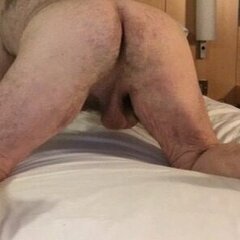-
Similar Content
-
- 17 replies
- 2,612 views
-
- 2 replies
- 507 views
-
- 1 reply
- 136 views
-
Anyone have experience with Darklands fetish and kink event?
By BBdaddybear,
- bareback
- fisting anal
- (and 1 more)
- 0 replies
- 197 views
-
- 0 replies
- 219 views
-





Recommended Posts
Create an account or sign in to comment
You need to be a member in order to leave a comment
Create an account
Sign up for a new account in our community. It's easy!
Register a new accountSign in
Already have an account? Sign in here.
Sign In Now